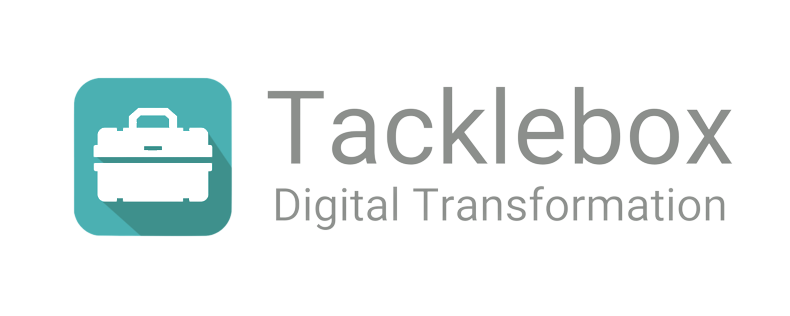Process Improvement Done Digitally: Course
Outline
Course Description
This course is designed to help you and your team understand how organizations use
processes to improve the employee experience, wow customers, grow their business and
improve the bottom line. We apply process mapping to in-class scenarios to ensure that you can
apply each part of the process to your work-related problems. You will study process
improvement best practices to critically review and assess the case study organization and
identity improvements. You will also learn how businesses leverage digital tools to consistently
engage their team so that they can continually increase productivity and client satisfaction while
enhancing the workplace experience for employees. We set up process management (Process
St), project management (Kanbanize) and digital whiteboard (Miro) software for all attendees to
use for the duration of the course to complete the in-class assignments.
Course Components:
1. Introduction to general process improvement best practices & software (6 hours)
Learning Objectives:
● Introduction to process improvement best practices and frameworks including Identifying
colours, tools and shapes for clear and consistent project workflows, advanced symbols
and concepts of the process workflow and initiative flowcharts.
● An overview of how generic workflow directions and components are created.
● Introduction to web-based workflow applications, how they are selected and used to map
process improvement.
Learning Outcomes:
● Students should be able to identify the general best practices for documenting
processes and workflow and how to set up and select web-based software applications.
2. Introduction to the process improvement project case study (6 hours)
Learning Objectives:
● Introduction to the process improvement case study and an overview of their current
digital processes.
● Overview of the in-class simulation process scenarios and our hands-on training
approach.
● The best practices of working in project teams and why they are important.
Learning Outcomes:
Tackleboxsolutions.com info@tackleboxsolutions.com 604-230-1992
Process Improvement Done Digitally: Course
Outline
● Students should be familiar with the case study organization, their core values and
initiatives and the processes they have in place. Students should also have an
understanding of the upcoming modules and our hands-on approach to training and how
it is important to work as a team.
3. Create a process project map based on the case study (6 hours)
Learning Objectives:
● Refresh our understanding of mapping principles and frameworks to ensure maps that
are clear and communicate processes effectively.
● Create a process map for the objectives and initiatives of digital process projects for the
case study organization.
● In-class assignment activity: Identify the critical success factors for the case study
organization and apply them to the process map.
Learning Outcomes:
● Students should be able to understand basic mapping principles and determine the
objectives of process projects. Students should also be able to identify how the case
study determines what initiatives to prioritize and evaluate their effectiveness.
4. Reviewing the effectiveness of procedures of the process project (6 hours)
Learning Objectives:
● Review the framework organizations use to determine the depth of procedure
documentation.
● An overview of the assessment criteria used by organizations to assess if more
procedures need to be included.
● In-class assignment activity: Apply the frameworks in this module to the process map
created previously to determine if changes are required.
Learning Outcomes:
● Students should be able to assess the process map for the case study they created the
previous model and critically review is based on the framework and assessment criteria.
5. How organizations make improvements to process projects (6 hours)
Learning Objectives:
● An overview of why it is important for organizations to consistently improve processes.
● A review of the approach organizations take to assess where improvements can be
made in their process mapping.
● In-class assignment activity: Create a series of recommended improvements for the
process map created in module three.
Tackleboxsolutions.com info@tackleboxsolutions.com 604-230-1992
Process Improvement Done Digitally: Course
Outline
Learning Outcomes:
● Students should be able to review the process map they have created for the case study
in module three and objectively make improvements.
6. Ongoing improvements in the process project and how to communicate them to a
team (6 hours)
Learning Objectives:
● Review how companies approach setting up regular, ongoing process improvement
engagements.
● The best practices of ensuring successful communication with a team.
● An overview of how organizations track process improvements and celebrate their
progress.
● In-class assignment activity: Create a mock engagement schedule an agenda for a team
meeting based on the case study process map.
● Conclusion of the training course and a brief review of the modules covered.
● Questions from students and feedback from course instructors.
Learning Outcomes:
● Students should have an understanding of how businesses schedule consistent
engagement routines and put a system in place to celebrate progress. This module also
allows students to discuss the course, assignments they have created and any questions
they may have.
Assessment Method
Assessment of student’s progress will be a combination of in-class assignments, classroom
participation, and review of concepts during in-class activities.
Tackleboxsolutions.com info@tackleboxsolutions.com 604-230-1992
Course Duration 36 hours
Training Hours 10 weeks
Course Capacity Maximum 5 students per class
Delivery Method Interactive classroom via Zoom
Cost of Program Tuition: $2000
Course material: $500
Software: $300 (Process St., Kanbanize, Miro)
Total: $2,800 + GST per person
